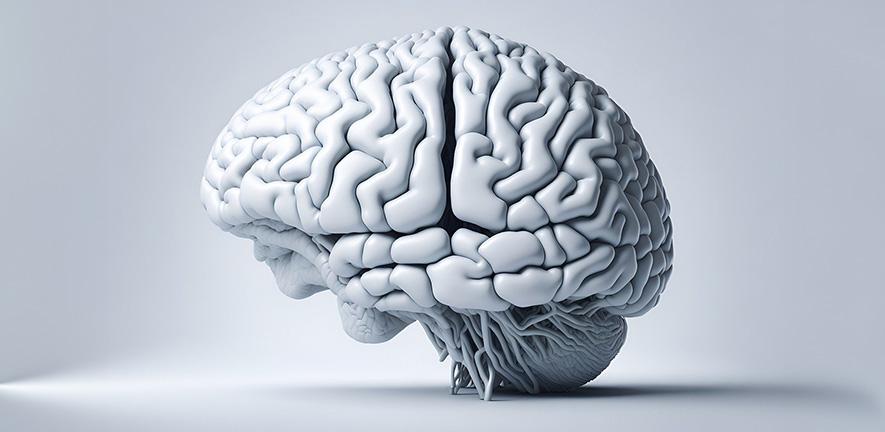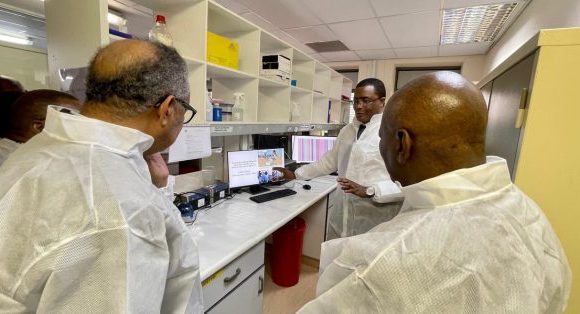New magnetic therapy shows promise in rapidly treating depression

Researchers explore accelerated version of TMS
A groundbreaking therapy that utilises magnetic fields on both sides of the brain has demonstrated effectiveness in swiftly alleviating depression symptoms, particularly for patients who have not responded to traditional treatments. This innovative method, repetitive transcranial magnetic stimulation (TMS), can be administered over five days, significantly expediting recovery.
Currently, about one in 20 adults experience depression. While existing treatments like antidepressant medications and cognitive behavioural therapy are available, they fail to work for nearly one-third of patients. This lack of efficacy can leave individuals trapped in cycles of despair, highlighting the urgent need for new therapeutic options.
TMS places an electromagnetic coil against the scalp, delivering high-frequency magnetic fields to targeted brain regions. Research has shown that TMS applied to the left side of the dorsolateral prefrontal cortex can substantially improve depression. This approach has been approved for use in the UK and the US. However, standard TMS treatments typically require 20 sessions spread over several weeks, making them less suitable for patients in acute distress or those with suicidal ideation.
In a new study published in Psychological Medicine, researchers from the University of Cambridge and Guiyang, China, explored an accelerated version of TMS. This method involved delivering four daily sessions over five consecutive days, allowing rapid symptom relief. The study also tested a dual approach, applying TMS to the left dorsolateral prefrontal cortex and the orbitofrontal cortex (OFC).
75 participants
Seventy-five participants were recruited from the Second People’s Hospital of Guizhou Province in China, with their depression severity assessed using the Hamilton Rating Scale of Depression.
Participants were randomly divided into three groups: a dual treatment group receiving active TMS on both sides, a single treatment group receiving TMS only on the left side after a sham treatment on the right, and a control group receiving sham treatments on both sides.
The results were striking. The dual treatment group showed significant improvements, with nearly 48% of participants achieving clinically relevant responses (a reduction of at least 50% in depression scores) immediately following the treatment.
In comparison, only 18% of the single treatment group and 4% of the control group experienced similar benefits. Four weeks later, around 61% of those in the dual treatment group and 59% of the single group continued to show significant improvement, compared to 22% in the control group.
Professor Valerie Voon, who led the study, emphasised the potential of this rapid treatment, particularly for severe cases. “This accelerated approach means we can reduce symptoms in just five days, which could help prevent hospitalisation or enable quicker discharges,” she noted.
The treatment’s effectiveness appears linked to more excellent connectivity between the OFC and the thalamus, an area critical for regulating consciousness and alertness. Dr Yanping Shu from the Guizhou Mental Health Centre remarked that this new approach represents a significant advancement in treating major depressive disorder, offering hope for those resistant to conventional therapies.
While some participants experienced mild discomfort, no dropouts from the study indicated a favourable tolerance for the treatment. Future research aims to refine targeting within the OFC and explore its applications across different types of depression.
This study, supported by the Medical Research Council and the National Institute for Health and Care Research Cambridge Biomedical Research Centre, marks a promising step forward in managing treatment-resistant depression and illuminates new possibilities in mental health care.
Featured image: Currently, about one in 20 adults experience depression. Credit: University of Cambridge
Last Updated on 5 months by Dan Ngiam













